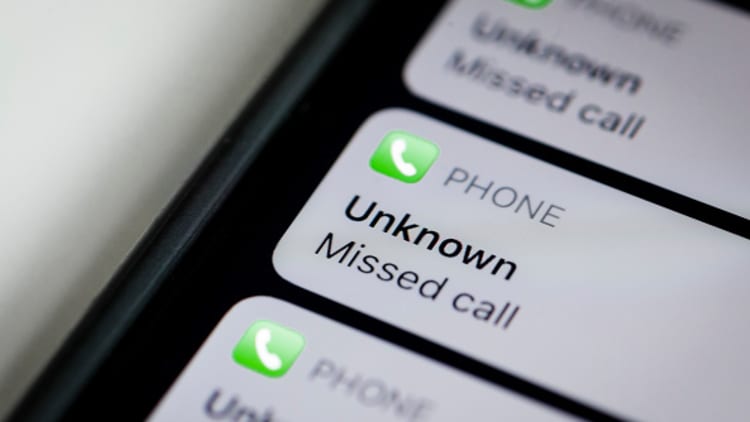You may know that it's open enrollment time for Medicare.
So do scammers.
The Federal Trade Commission is warning that fraudsters could take advantage of this annual period to impersonate Medicare agents. The program's open enrollment, which started Oct. 15 and runs through Dec. 7, is when Medicare beneficiaries can make changes to their coverage — and criminals often try to capitalize on that with unsolicited calls.
More from Personal Finance:
What to know if dropping Medicare Advantage Plan
How investors can tackle the fear of missing out
Op-ed: Don’t reject the 60/40 portfolio. Embrace it
"If someone asks for your Medicare identification number, sirens should go off," said Ari Parker, a senior advisor at Chapter, a Medicare advisory firm. "Same with your Social Security number and checking account information."
Generally speaking, no one is allowed to reach out to you — unsolicited — about your coverage, whether via phone or email. Of course, this excludes agents you are already working with or who signed you up for your current plan.
During open enrollment, beneficiaries are encouraged by the Centers for Medicare & Medicaid Services to review their current coverage and make sure it will still be the best fit for them in the next year. In general, this time period is for making changes related to Part D (prescription drug coverage) and Advantage Plans — which deliver Part A (hospital coverage) and Part B (outpatient care) and usually include Part D.
Scams cost older adults $121 million last year

Elder fraud persists as an issue, with a recent FTC report showing that in 2021, older adults lost $121 million to scammers posing as government officials and another $151 million to scammers impersonating private business employees. Of Medicare's roughly 64.5 million beneficiaries, 56.6 million are age 65 or older.
Criminals can cast a broad net in their efforts to land victims. Sometimes, emails or calls can even look like they're coming from a legitimate source.
Spoof websites can lure you in
For instance, you could get an email urging you to click on a link that appears to be related to your Medicare plan.
"Some scammers set up spoof websites," Parker said. "You provide your information and it goes to the scammer, who might be anywhere in the world."
The goal for the scammers is to get hold of enough identifying information — they may already have pieces of it — to commit fraud with your Medicare ID, steal your money or even steal your identity, according to the FTC.
Here are some tips from the FTC to avoid falling for a scam:
- Be aware that scammers can fake a caller ID.
- Hang up if anyone calls and asks for your Medicare, Social Security or bank or credit card information. Legitimate Medicare employees have your Medicare number on file.
- Don't be rushed into making a decision. You have until Dec. 7 to enroll, and Medicare doesn't offer extra benefits for signing up early.
- Ignore threats to take away your benefits. If you qualify, your benefits can't be taken away for not signing up for a plan.
- Don't talk to anyone who suggests their plan is preferred by Medicare. The program does not endorse a specific plan.


